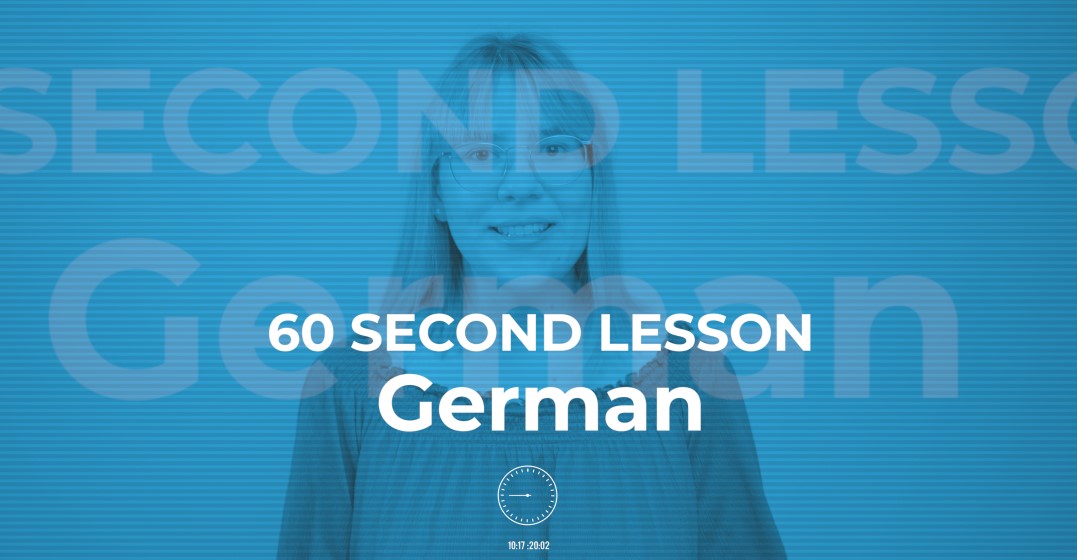by Lingoda Team
Updated on January 8, 2024
Say hallo to our German language expert, Franzi. She’s here to go through all things Komposita.
Sound confusing? Don’t worry, watch the video below and all will become clear! You can also follow the text below, if you didn’t quite catch something.
Did you know that the German word for “bulb” is “Glühbirne”, so literally “glowing pear”?
German enables you to say things that nobody else can, by simply combining two words. Germans are true geniuses when it comes to inventing these long words that express things or feelings that we all know but other languages can’t really express.
So, in the case of “Glühbirne”, German just combines the word “glühen” (=to glow) and Birne (=pear), rather than the Brits, who create a whole new word (bulb).
Or take the word “Schadenfreude”. Let’s be honest: Even though we’re meant to be sad when others do badly, sometimes it can be a bit satisfying, especially when you don’t like the person.
The noun Schadenfreude combines the two words “Schaden” (damage) and Freude (joy or pleasure), creating a word that describes exactly this feeling of joy you get when something bad happens to someone you don’t like. But hey, that doesn’t necessarily mean that you’re an evil person, right?
This action of combining two words is a proper grammar topic in German called “Komposita”. Lingoda has an entire lesson for it!
